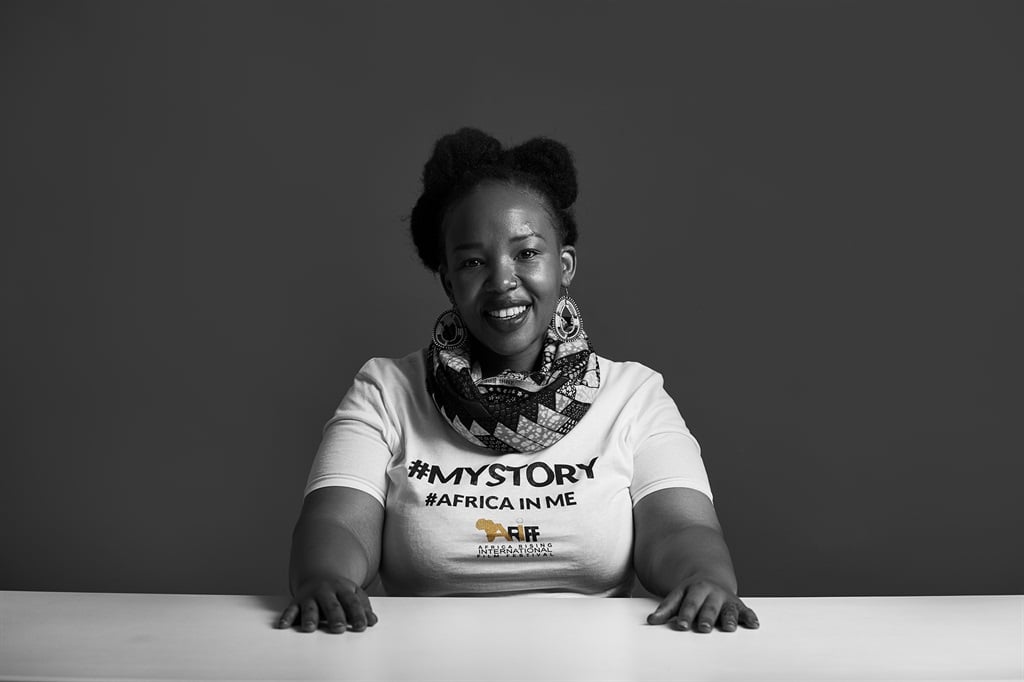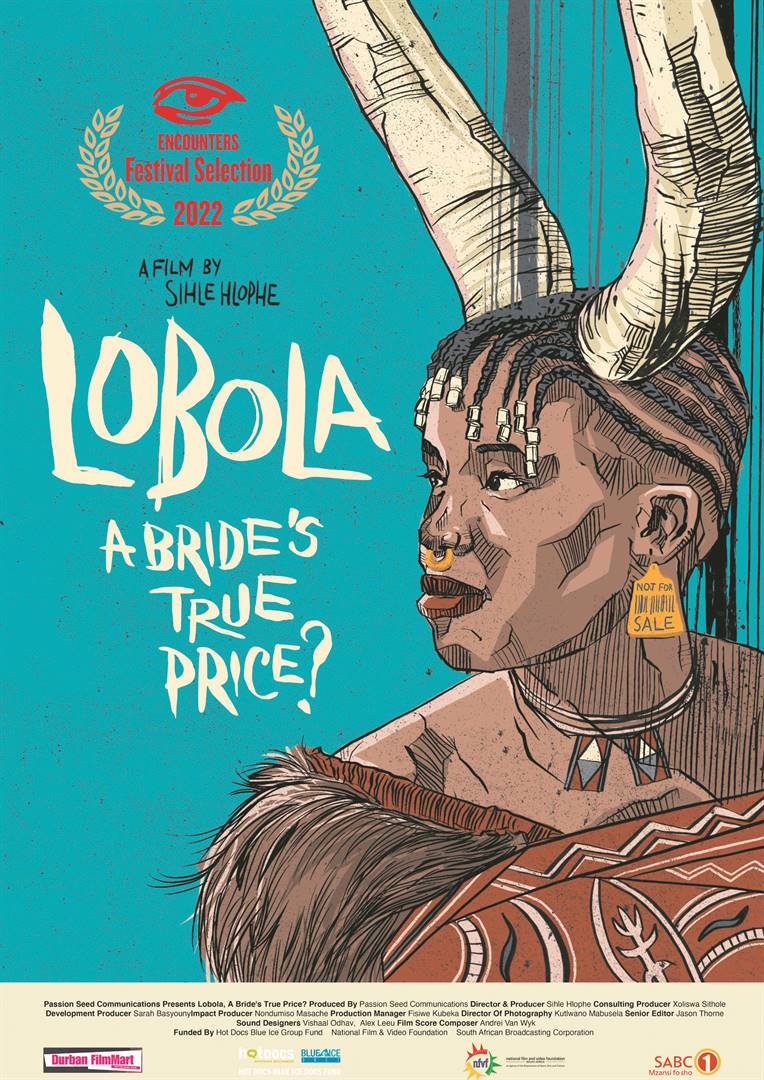
As someone who grew up in a privileged, suburban, Christianised environment, I have been called every name under the sun – insults that questioned my blackness.
In asserting myself as a black person, however, I got to think deeply about my place in a world that sometimes questioned my identity because I did not fit the mould.
READ: Encounters film festival makes a thunderous return
Through the vision of film maker Sihle Hlope’s film, Lobola: A Bride’s True Price, I was given the chance to look at the customs of lobola through an entirely new and different lens. She brings a freshness to the debate, and takes us on her own marriage journey, an odyssey that sees her raising issues and questions about lobola. It is these questions that helped illuminate the custom for me.
Lobola is the payment of cattle and money by a man for his intended betrothed’s hand in marriage. This custom is practised in varying degrees all over the world. In most cases, it is reportedly done to honour the woman’s family for their tireless efforts in raising her.
Although I was raised in a Christian home, I can remember my mother sharing her excitement over the prospect of my marriage, and the man who would one day pay lobola for me.
During my coming out journey, I was flooded with a confusion I had never felt before. As I found my political voice as a queer person, as a feminist and as an anti-patriarchal activist, I was no longer interested in becoming a wife.
Or if someone asked for my hand in marriage, I did not want that to be confirmed with a lobola payment. I felt that the idea of one day being bought would make me a slave.
READ: Dashiki | Lobolo talks that fail to materialise
Through old traditions, we see the beauty of culture and how this adds to a strong sense of community. Lobola is supposed to show a bride’s family that a man can take care of his future family and the wife’s financial needs, which can be a great thing when you live within the societal heterosexual binary. Lobola can also be quite endearing in how it brings families together, as it is a loud proclamation of one’s love for their partner.
When we recall the transatlantic slave trade and how black men, women and children were auctioned in the US, it’s disgusting to think that human beings were sold off to the highest bidder. The bride’s family can refuse to have lobola negotiations if they feel she is worth more. When the bride price is agreed on, like a chocolate you buy in a store, the woman then belongs to her husband.
READ: We need to talk about Usher's Tiny Desk performance
In South Africa, where communities have different customs and traditions, growing as a society also means acknowledging the ways we need to change, the ways we need to acknowledge women’s oppression and do better for the sake of our future generations.
But my message is this: “Women can’t be bought.”




 Publications
Publications
 Partners
Partners










